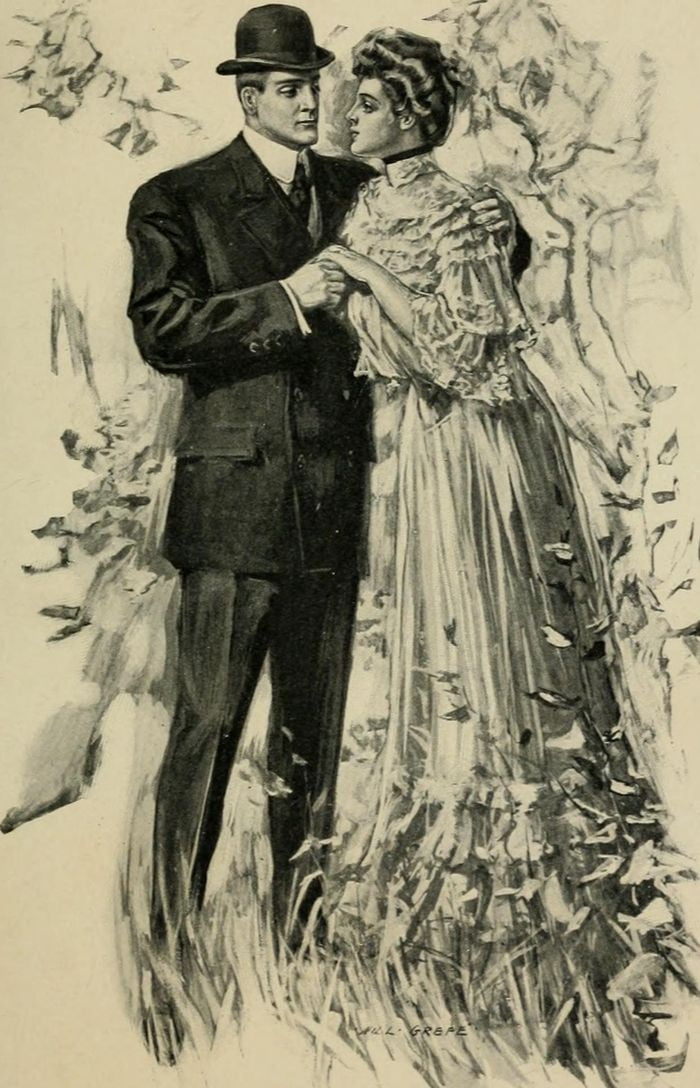29. Other incidents revealing him as a liar and a hypocrite
I will now show what a liar and hypocrite he was. This Liberius, whom I recently mentioned, he removed from office and in his stead appointed John, an Egyptian, surnamed Laxarion. When Pelagius, a particular friend of Liberius’s, heard of this, he asked the Emperor if the report about Laxarion’s appointment were true.
And he immediately denied it, assuring him he had done nothing of the sort; and gave him a letter to take to Liberius charging him to stick tight to his office and give it over to nobody, as he, Justinian, had not the slightest idea of removing him from it at this time.
Now John had an uncle in Constantinople named Eudemon, of consular rank and great wealth, who was at the time Count of the imperial estates. This Eudemon, when he heard the rumor, also went to the Emperor to inquire if the office were really going to his nephew. And Justinian, in contradiction of what he had written to Liberius, now wrote a document to John, telling him to take over the office by all means, as his intentions were unchanged.
John, trusting in this instruction, ordered Liberius to retire from his office as he had been officially removed. But Liberius, with equal confidence, of course, in the letter he had had from the Emperor, refused. So John went after Liberius with an armed guard, and Liberius with his own guard defended himself. During the fight many were killed, including John himself, the new Governor.
Now at Eudemon’s instigation, Liberius was summoned to Constantinople; the Senate investigated the affair, and acquitted Liberius, since what he did had been in self-defense. The Emperor, however, did not let him off until he had privately paid him a fine. This shows Justinian’s love of truth and how he kept his word.
It might not be out of the way for me to tell a sequel of this incident. This Eudemon died a little later, leaving many relatives but no will of any kind. About the same time the chief eunuch of the palace, Euphrates, was released from life, leaving a nephew but no will disposing of his considerable property.
The Emperor seized both estates, making himself the arbitrary heir, and did not give as much as a three-obol piece to the legal inheritors. Such was the respect for law and the kinsmen of his friends that this Emperor had. So, also ‘ he seized the estate of Ireneus, who had died some time before, without any proper claim to it of any kind.
Read More about I C E C








